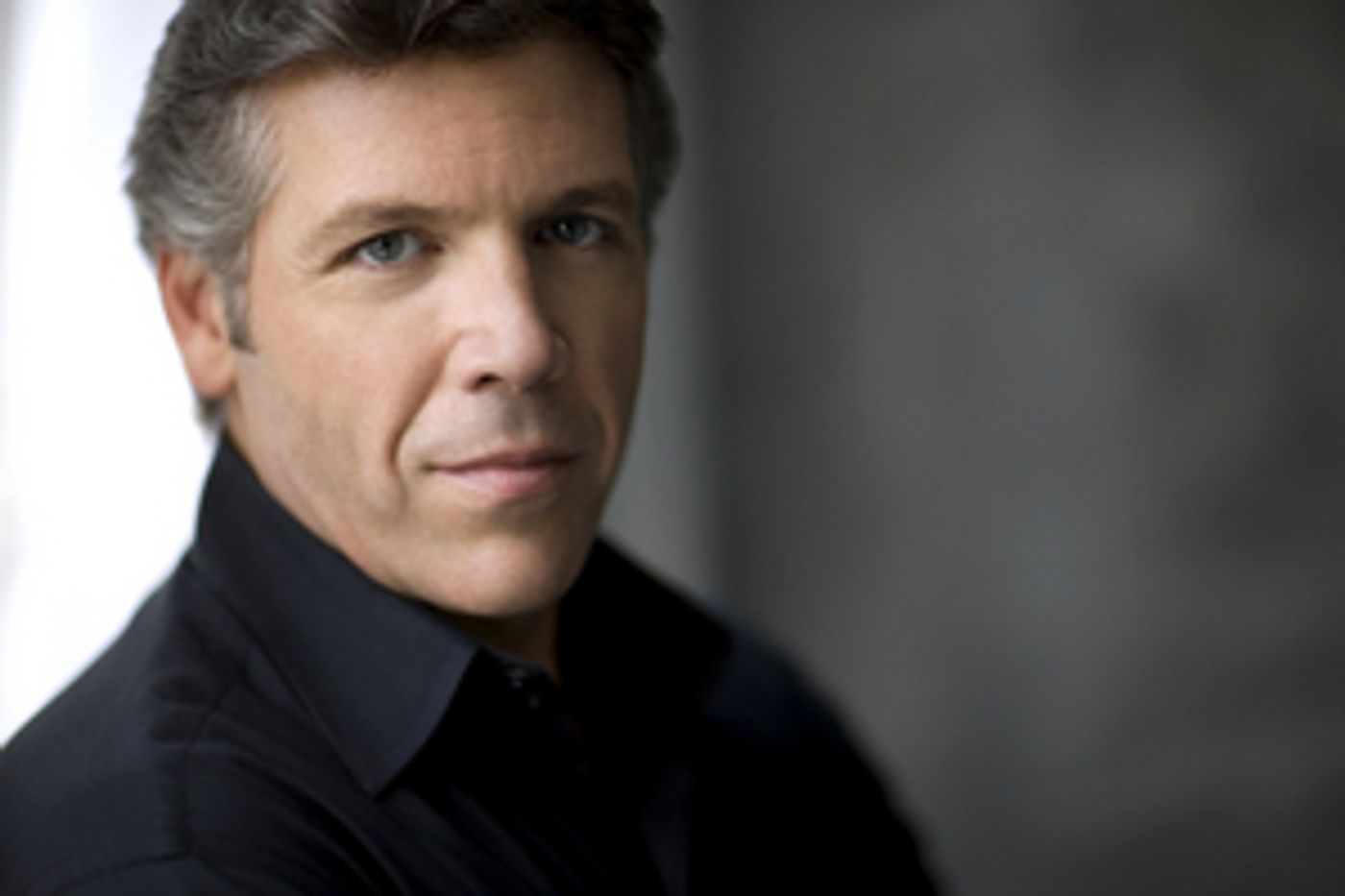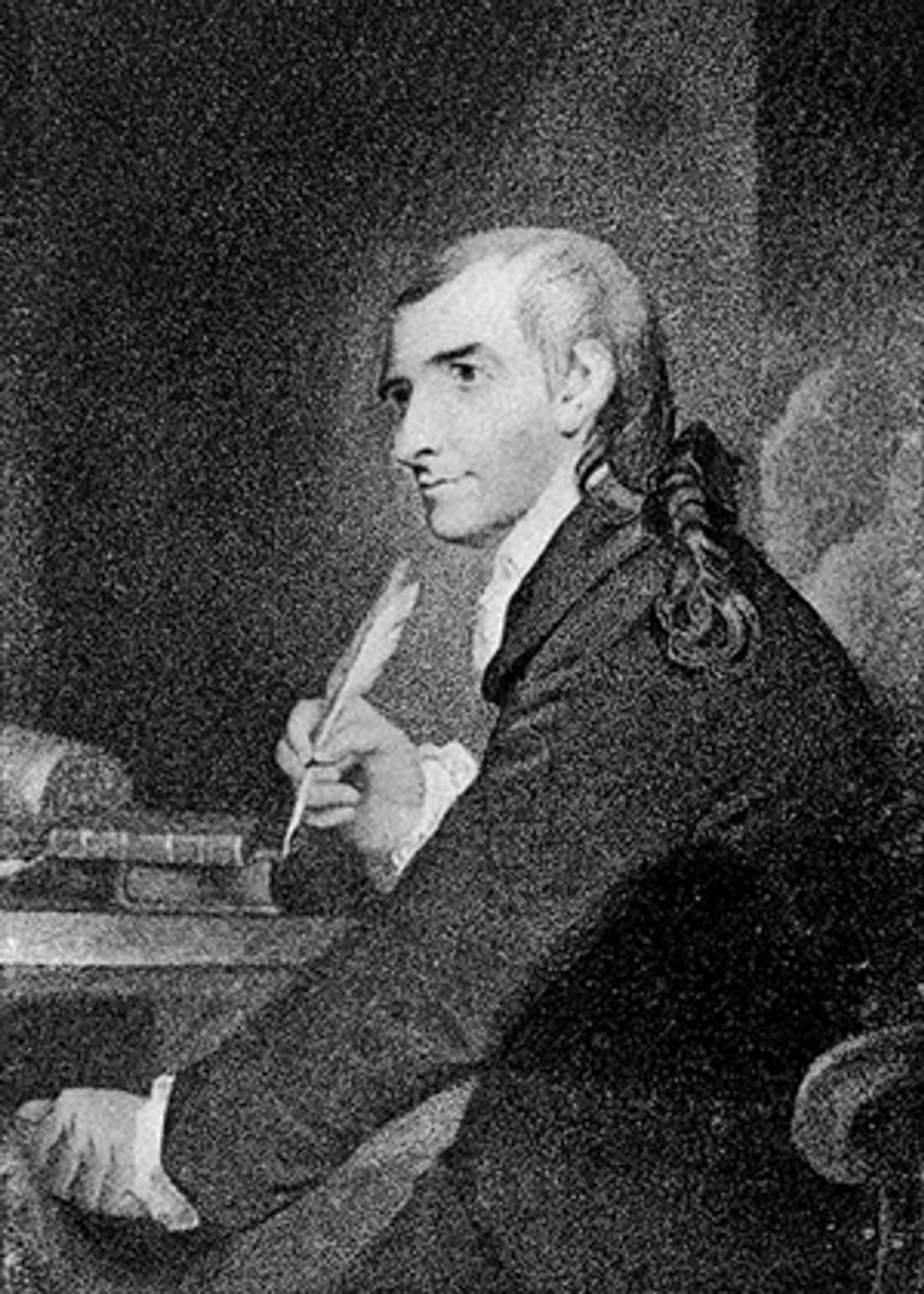Review: THOMAS HAMPSON at Song Of America: Beyond Liberty


At the University of Arizona's Centennial Hall on January 28, 2020, the Tucson Desert Song Festival presented Thomas Hampson, baritone, with Lara Downes, piano, and the Beyond Liberty Players: Stephen Buck, synthesizer; Judy Kang, violin; Jesus Morales, cello; and Alex Laing, clarinet; The show's libretto was based on an original work by Royce Vavrek which first appeared in a Francesca Zambello production at the 2018 Glimmerglass Festival in upstate New York. On this evening, Hampson assumed the roles of various American characters telling and singing about their contributions to the country's history. Thus, he shed light on both familiar and unfamiliar American music.
The baritone entered singing a rarely heard 1780 verse of the Star Spangled Banner and followed it with My Days have been so Wondrous Free by Thomas Parnell and Francis Hopkinson (pictured above). Hopkinson, a friend of George Washington and signer of the Declaration of Independence, is thought to have been the first composer of art songs in what is now the United States. Stephen Buck played a beautiful synthesizer "harpsichord" accompaniment in the style of the time. Later, he would use the synthesizer for banjo and percussion sounds.
For a lyrical change of pace, Hampson sang Stephen Foster's Beautiful Dreamer to Lara Downes' piano tones augmented by violin, cello and clarinet, finishing with a particularly graceful high falsetto note. The singer then introduced the traditional Shenandoah, thought to concern a fur trader's farewell to his Native American lover. He sang it with crisp diction and vocal colors that hinted at sadness, indicating the couple might never meet again. Hampson spoke of Arthur Farwell who composed songs based on Native American melodies in the early 20th century. He sang Farwell's Song of the Deathless Voice with excellent breath control as his ensemble played with many-colored sounds.
Hampson and his band performed the traditionally rollicking Erie Canal with resonant bronzed tones. Describing the arrival of the recently deceased founder of the Salvation Army at the "Pearly Gates" the ensemble played Sidney Homer's 1912 song, General Booth Enters into Heaven, with words by Vachel Lindsay exuding nostalgic blues overtones.
Hampson and his ensemble performed Ethiopia Saluting the Colors, a Harry T. Burleigh song, in a polished and tonally controlled but comfortable American style. Its text by Walt Whitman is about an African-American woman saluting the American Flag in the mid 19th century, Hampson brought the first half of the program to a poignant close with President Lincoln's attempt to console a bereft war mother in Michael Daugherty's musical setting of his Letter to Mrs. Bixby.
Returning after intermission, Hampson gleefully introduced an amusing ditty that often achieves popularity in election years. The 19th century folksong, The Candidate's a Dodger was a campaign song in the 1884 presidential election. Winner Grover Cleveland used it to belittle his opponent, James G. Blaine. With Charles Ives' 1897 Memories, Hampson told his audience of Victorian times and nostalgia couched in tricky language which the baritone handled with charm and seeming ease.
Kurt Weill's River Chanty gave patrons a look into the composer's life in the United States. Singing the song of the Mississippi to words by Maxwell Anderson, Hampson's resonant tones showed us the meaning of the words "Mark Twain" with regard to a hard-working riverboat. With Langston Hughes' words and Margaret Bonds' music, The Negro Speaks of Rivers pointed Hampson's audience toward an appreciation of the black man's knowledge of rivers on two continents.
Ives' cowboy song, Charlie Rutlage, turned the mood of the performance to a lighter theme. Then, Hampson reminded his audience that Americans still have work to do with the inclusion of Yip Harburg and John Corigliano's One Sweet Morning along with Emma Lazarus and Lee Hoiby's Lady of the Harbor. By that time, it was getting late for a week night and the concert closed with singer, instrumentalists, and audience joining together to sing The National Anthem, Simple Gifts and America the Beautiful in a unison of spirit as well as tone.
Hampson sang and spoke all evening and his discourse on history as well as social change helped make this a thoroughly intriguing show. Because of the addition of an ensemble of strings, piano, synthesizer and clarinet, this performance was a great deal more interesting than the usual recital with singer and one instrument.
Thomas Hampson photo by Dario Acosta
Reader Reviews
Videos

